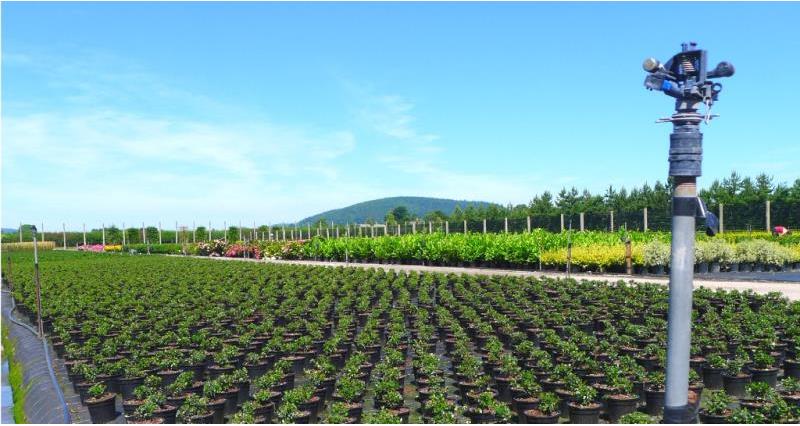Defra is about to review ongoing work in the EU looking at minimum standards for treated waste water used for agricultural irrigation.
‘Cleaned’ water at sewage treatment works and returned into rives is already reused, but we think there may be more opportunities to explore the potential for increasing the reuse of treated waste water (at coastal locations for example), while protecting the environment and public health.
Work being carried out by the European Commission has sought to set minimum requirements for ‘reclaimed’ water (treated waste water) classified by type of crop, use and irrigation method. The standards are to be met at the outlet of the ‘reclamation’ plant.
Current planned reuse levels within the UK are low (estimated to be below 1% of all treated waste water) and do not to include water reused for crop irrigation purposes. However, some water companies are showing an increasing interest in treated waste water as a resource.
The NFU has made a series of recommendations to Defra, namely:
- Gather evidence regarding the actual quality of waste water effluent so that its utility, as a long term source of irrigation water, can be evaluated
- Review the current interpretation of legislation concerning the reuse of waste water effluent, perhaps by creating an approach similar to the ‘safe sludge matrix’
- Study cost effectiveness of transport/transfer and storage
- Evaluate the carbon cost of pumping large volumes of water over significant distances
Since the main opportunity for reusing water will be near coastal locations, the NFU has suggested that a pilot area should be chosen to test ideas in practice. The pilot area could be linked to the priority catchment approach to water abstraction reform.
